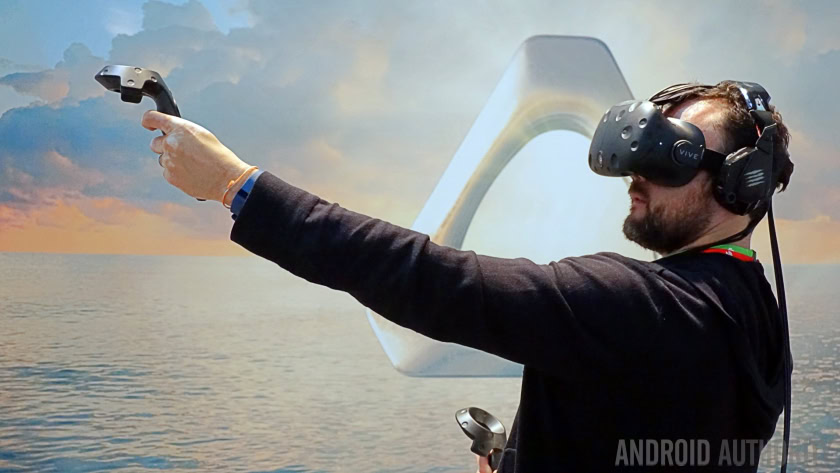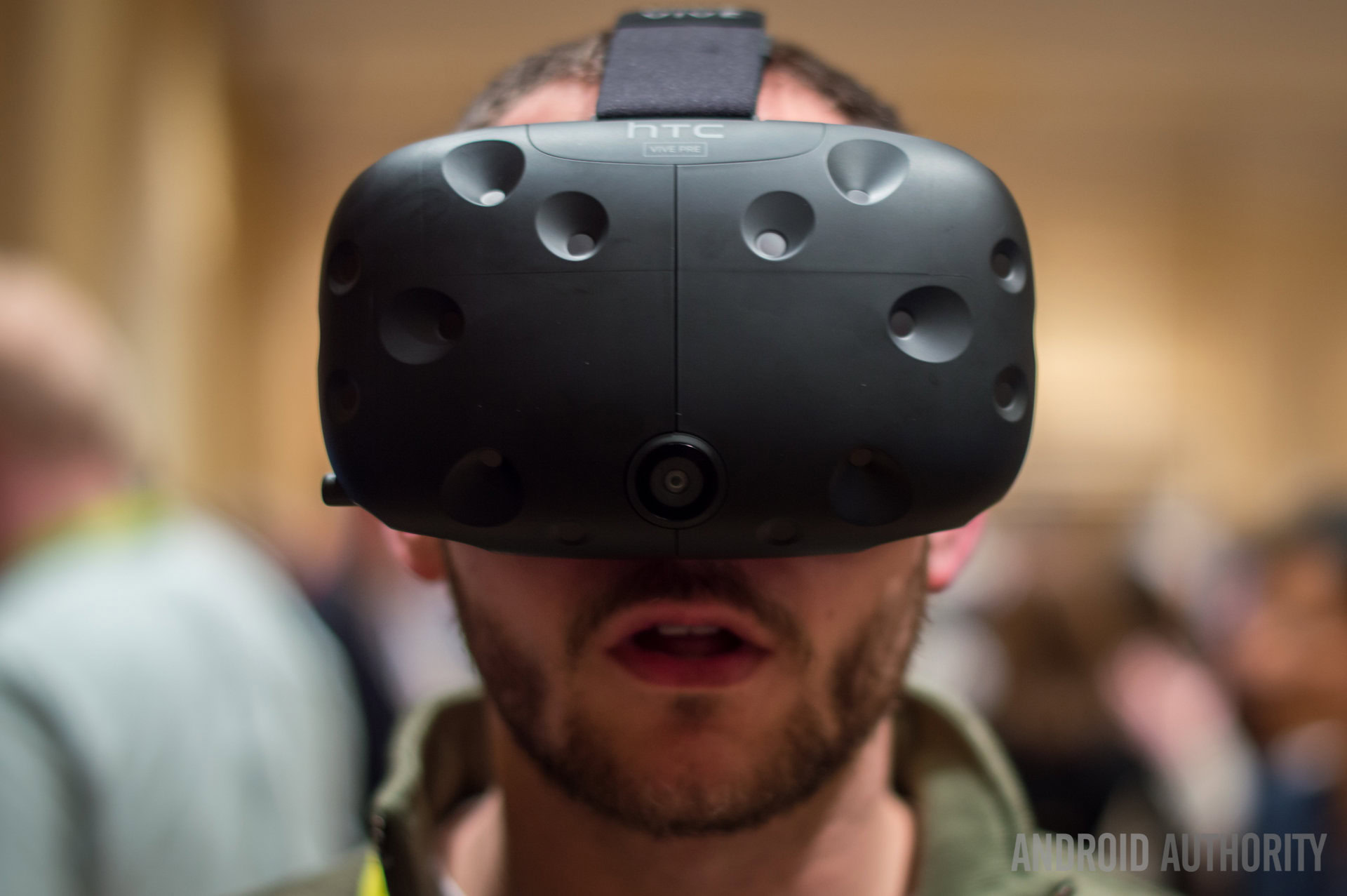Affiliate links on Android Authority may earn us a commission. Learn more.
HTC boss thinks VR sales will beat smartphone sales in just four years
Published onApril 25, 2016


HTC just launched a well-received new smartphone, but if you believe one of its executives, smartphones are already on the way out.
Talking at a company conference last week, Wang Tsung-ching, head of Vive at HTCChina, said that sales of virtual reality devices will overtake smartphones sales in as little as four years.
The executive has a dim outlook on the smartphone industry. In his opinion, the smartphone has already peaked, just nine years after the release of the original iPhone.
Wang said smartphone sales are already declining and compared the current mobile landscape to the PC market, which took 30 years to hit its peak. This accelerating lifecycle is the reason why Wang believes VR headsets will become the biggest computing platform in terms of sales by 2020.
[related_videos align=”right” type=”custom” videos=”666155,593454,644629,644610″]
Now, it’s not surprising to see a VR executive talk up virtual reality. But Wang is more bullish than most, and his statements are interesting in the context of HTC’s dwindling smartphone business.
After a disastrous 2015, HTCis now trying to regain a foothold in the smartphone industry. The HTC 10 has got great reviews, despite questions about its price. But regardless of how the HTC10 performs in the market, the company has already signaled that it’s looking towards VR as its next growth engine.
The HTC Vive, co-developed with gaming powerhouse Valve, has emerged as one of the major non-mobile VR platforms, along Oculus Rift and Sony’s PSVR. Strong initial sales have sent HTC’s stock soaring, a welcome change after the company was deemed essentially worthless by investors last year.
Will HTCslowly pivot towards VR as its main business? It wouldn’t be the first time HTCchanges direction – the company’s full name, High Tech Computer Corporation, hearkens back to its origins as a PC maker.

HTC was rumored earlier this year to consider spinning out its VR operations into an independent company. The company refuted the report as incorrect, saying it would continue to develop VR to maximize shareholder value.
Wang Tsung-ching’s comments helped buoy HTC’s share price, which was up 1.30% on Monday.